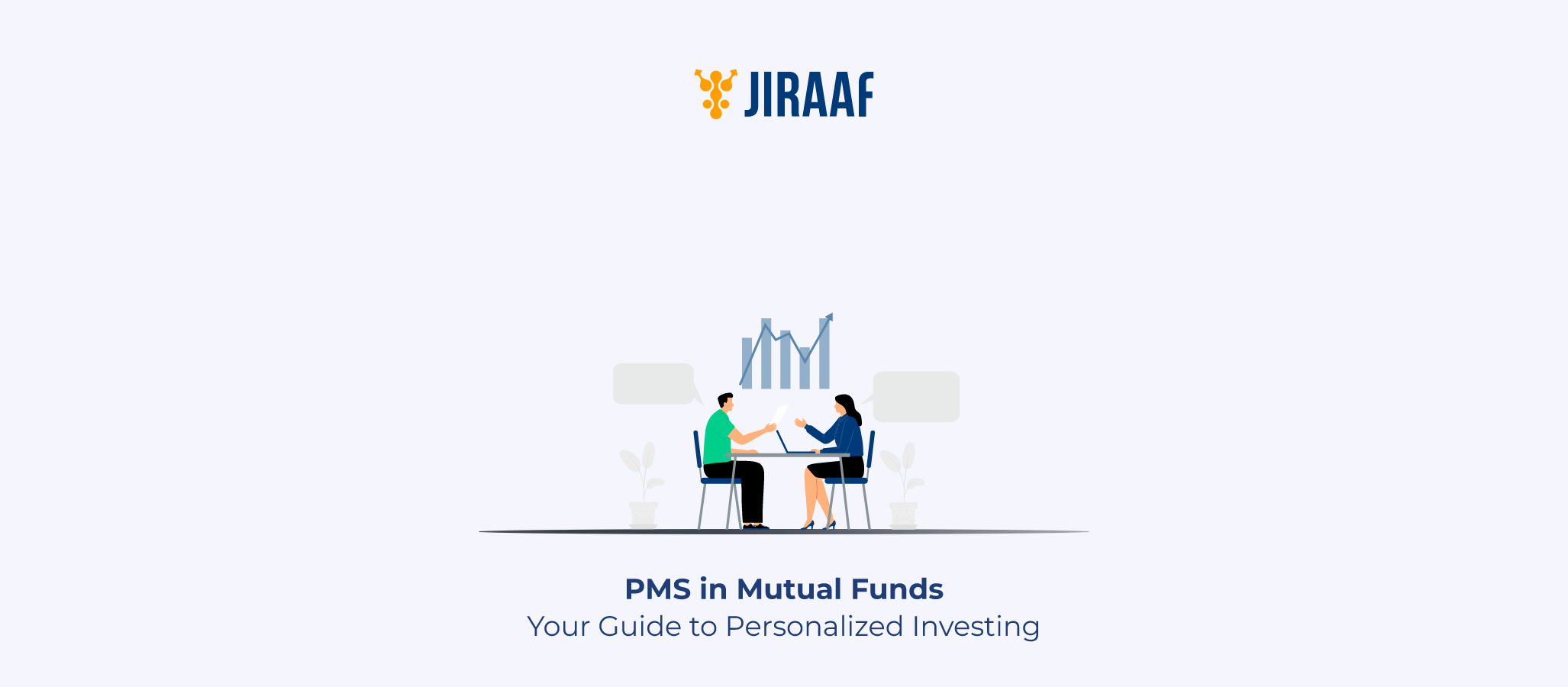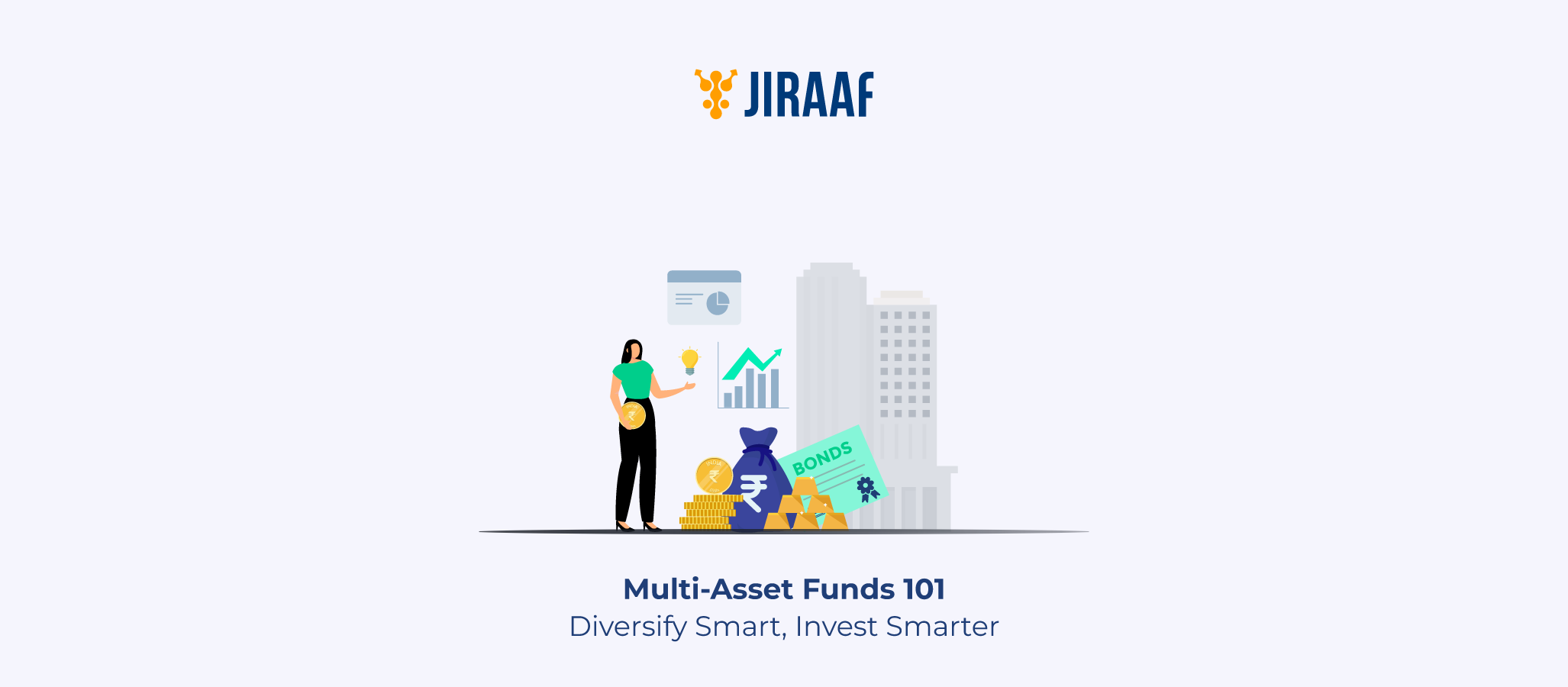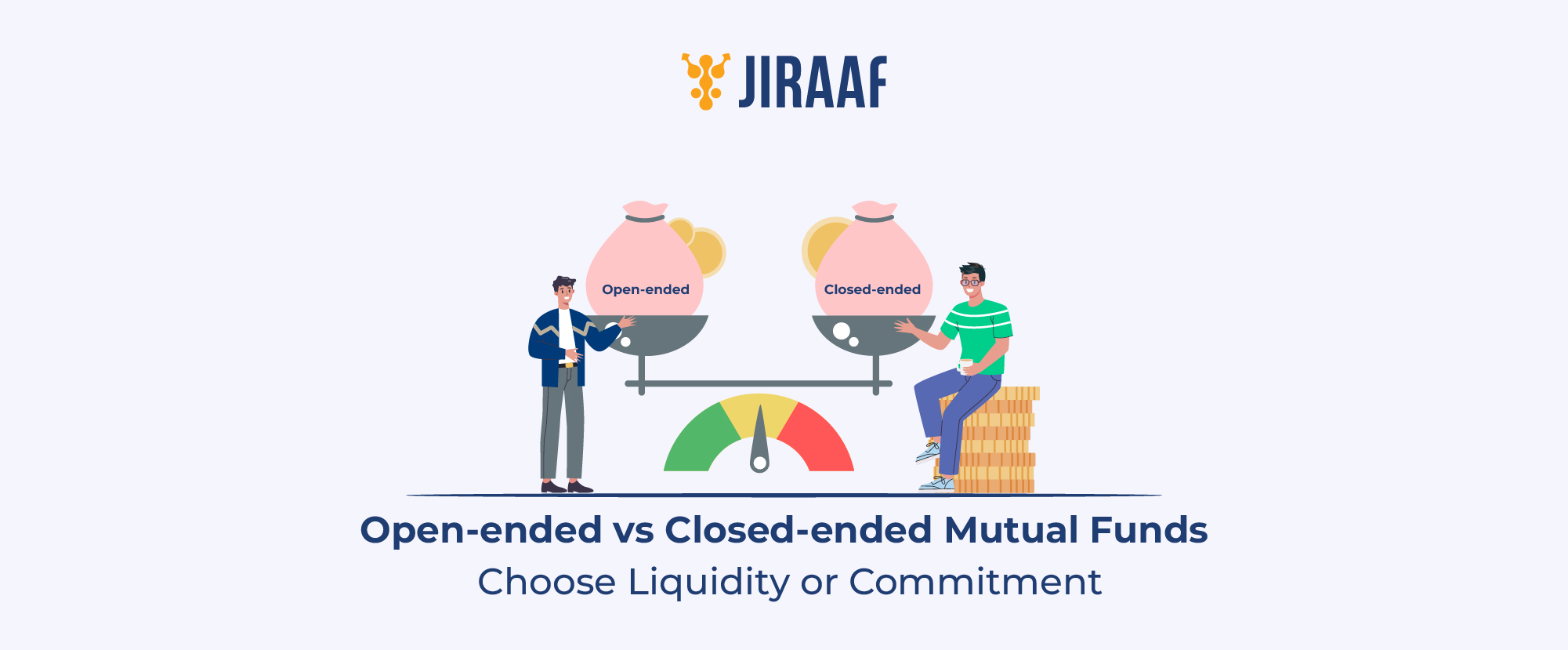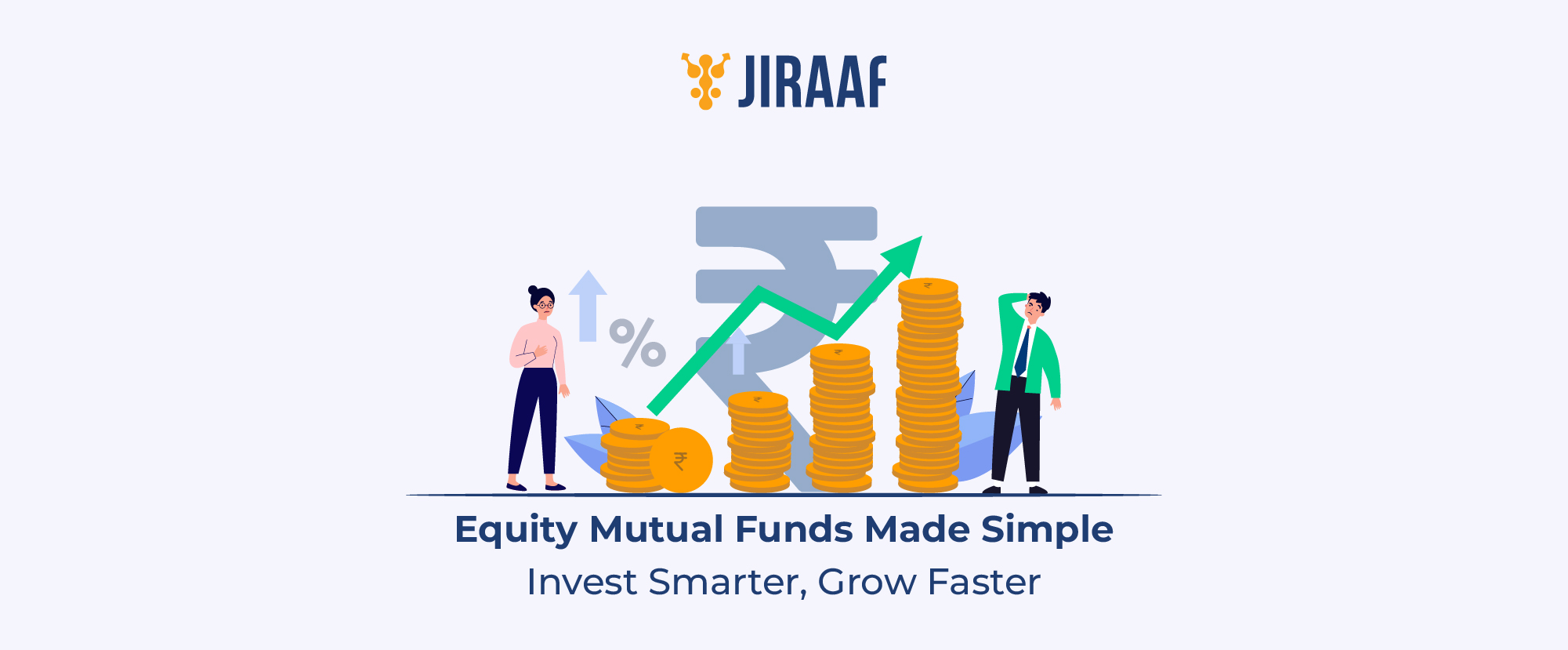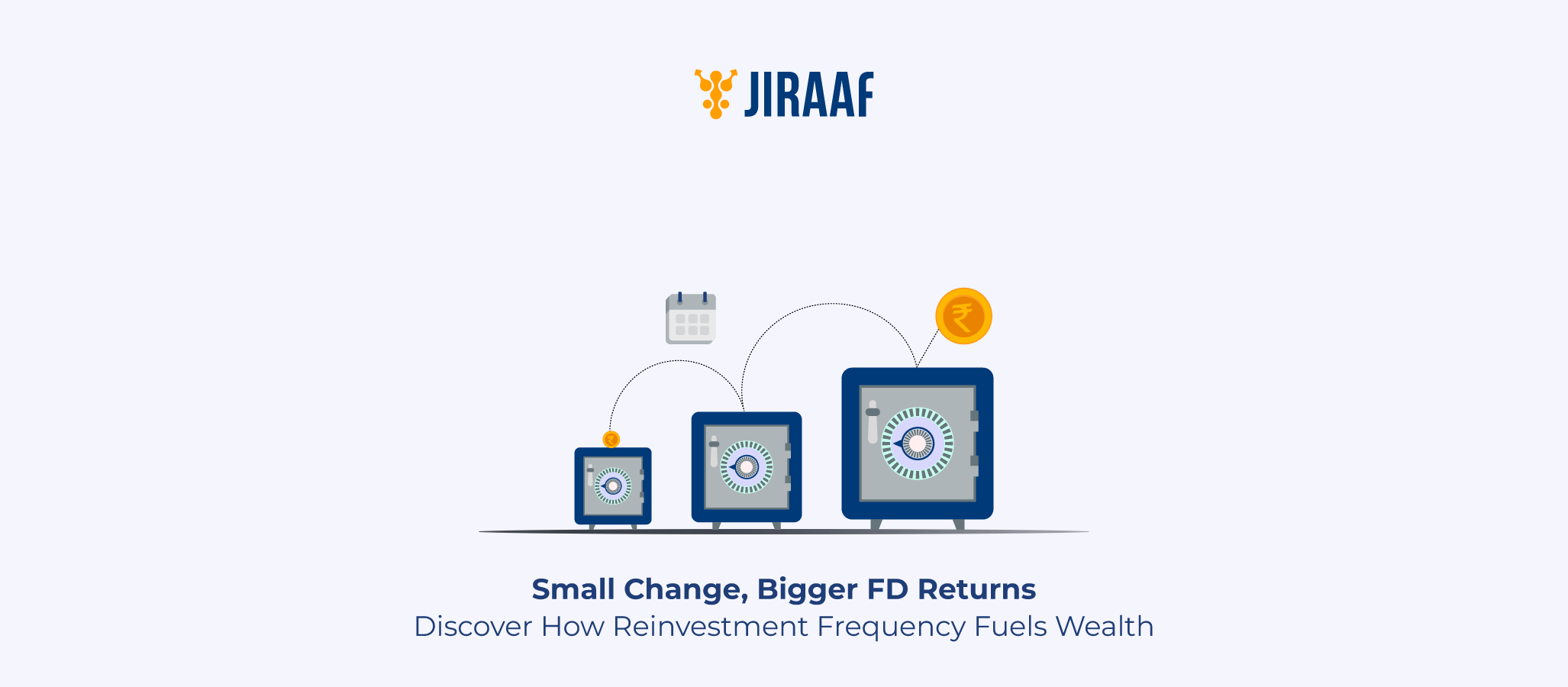What is PMS?
Portfolio Management Services (PMS) are advanced investment solutions designed primarily for high-net-worth individuals (HNIs). Unlike mutual funds, which pool money from many investors into a common fund, PMS offers tailored investment strategies based on your individual risk appetite, investment horizon, and financial goals.
It’s important to note that PMS is not a type of mutual fund. Instead, it serves as an alternative for investors who seek personalized, actively managed portfolios. Under PMS, the investments are held in the investor’s own name, and a professional fund manager makes dynamic decisions aligned with market movements and your unique objectives.
PMS is regulated by the Securities and Exchange Board of India (SEBI) to ensure transparency, accountability, and investor protection.
How Does PMS Investment Work?
When you invest in a PMS, a portfolio manager is assigned to manage your mutual funds. The manager creates a personalized investment plan, usually involving equities, fixed-income securities, structured products, or a mix of other such asset classes. The steps involved in PMS are as follows:
- Define financial goals: Understand what your financial goals are, along with what your risk appetite looks like.
- Pick your assets: After selecting a portfolio manager and discussing with them your goals, you can now select the most suited asset mix for you. For instance, if you are growth-oriented, your portfolio could be largely composed of equities, while if you were a conservative investor, you would prefer a high proportion of your investments in fixed-income/debt instruments.
- Choosing assets within each asset class: The manager will now carefully choose the schemes within each asset type. While a risk-averse investor might select blue-chip firms, the manager might invest in mid-cap stocks if your plan is focused on growth.
- Track PMS performance regularly: The PMS team uses sophisticated portfolio management software to monitor the portfolio’s performance. They evaluate whether the portfolio still satisfies your goals. If market trends or your financial circumstances alter, you can then make any required adjustments with guidance.
- Rebalance to stay on track: As time changes, how different funds perform changes too. To stay on track with your goals, the portfolio is rebalanced regularly to ensure that your expectations for risk and return align with your overall investment goals.
PMS vs Mutual Fund – Comparison
Here is a concise table breaking down the key aspects to keep in mind when evaluating PMS and mutual funds as investment vehicles.
| Characteristic | PMS | Mutual Fund |
| Customization | Completely personalized. | Standardized investment strategy. |
| Ownership of Securities | Direct. | Direct but managed by PMS service provider |
| Transparency | High. | Moderate. |
| Taxation | Complicated as taxes need to be paid every time portfolio is rebalanced. | Comparatively easy since investor doesn’t manage investments very actively. |
| Fees | Fixed + performance-based. | Expense ratio (typically lower). |
| Minimum Investment | ₹50 lakh (SEBI-mandated) | ₹500–₹5,000. |
While mutual funds offer broad market access at lower costs, PMS provides a high degree of customization if you have substantial capital and specific investment goals.
Minimum Investment Required for PMS in India
As per the SEBI regulations, the minimum investment in PMS is ₹50 lakh. This investment limit ensures that PMS is pitched for you if you are financially equipped to absorb market risks and seek highly active portfolio management.
Additional charges can also include:
- Management Fees
- Performance Fees (based on portfolio returns)
- Custodian Charges
- Audit & Reporting Fees
Because of the higher cost structure, PMS is best suited for you if you are expecting performance surpassing conventional products and you are comfortable with equity market risks.
Role of the PMS Fund Manager
The fund manager plays a central role in PMS. They are responsible for:
- Designing and executing the investment strategy.
- Researching and selecting securities.
- Tracking the market entries and exits.
- Frequently rebalancing the portfolio.
- Managing risks in alignment with your preferences.
In a flexible PMS, the fund manager has complete authority to make decisions, while in more rigid models, you will approve or reject recommendations. A skilled PMS fund manager not only seeks returns but also ensures portfolio efficiency, risk mitigation, and tax optimization.
Benefits and Risks of PMS Investment
Benefits of PMS Investment
- Tailored Portfolios: Strategies aligned with your financial goals, tax profile, and risk appetite.
- Higher Transparency: Direct ownership gives you visibility into every investment decision and its rationale.
- Professional Management: Access to experienced fund managers and institutional research.
- Flexibility: Can switch strategies, customize portfolios, and rebalance based on your personal circumstances.
Risks of PMS Investment
- Market Risk: Being mostly equity-driven, PMS portfolios are exposed to market volatility.
- Higher Costs: PMS involves both fixed and performance-based fees, making it more expensive than regular mutual funds.
- Liquidity Risk: Some PMS strategies may include fewer liquid securities or longer lock-in periods.
- Tax Complexity: Taxation is on individual transactions, which may complicate tax filing compared to mutual funds.
Conclusion
Portfolio management services offer a powerful solution for you if you are a high-net-worth individual seeking a more tailored and actively managed investment experience. With personalized strategies, transparency, and access to expert fund managers, PMS stands apart from traditional mutual funds. However, its benefits come with higher entry requirements and related costs.
If you are considering PMS, you should evaluate your financial capacity, risk appetite, and long-term objectives before opting in. Understanding how PMS compares with mutual funds and where it fits into your financial strategy is essential for making informed decisions in today’s complex investment landscape.
FAQs
Is PMS better than mutual funds for long-term investing?
It depends on the investor’s profile. PMS can deliver superior returns if managed well, but mutual funds offer cost-effective, diversified options suitable for most retail investors.
What are the charges associated with PMS investment?
Charges may include management fees (fixed or performance-based), custodial fees, and other administrative costs.
Can retail investors invest in PMS?
Only investors with a minimum investible corpus of ₹50 lakh can access PMS. This often excludes typical retail investors, who would have a smaller investable amount at hand.
Is PMS suitable for tax-saving purposes?
PMS is not a tax-saving instrument like ELSS or PPF. However, efficient portfolio structuring may help in tax optimization.
Discover fixed income investments with Jiraaf, a SEBI registered online bonds platform that educates and brings access to a wide array of bonds. Sign up today to explore diversified fixed income investment opportunities to support your goal-based wealth creation journey. Start investing!
